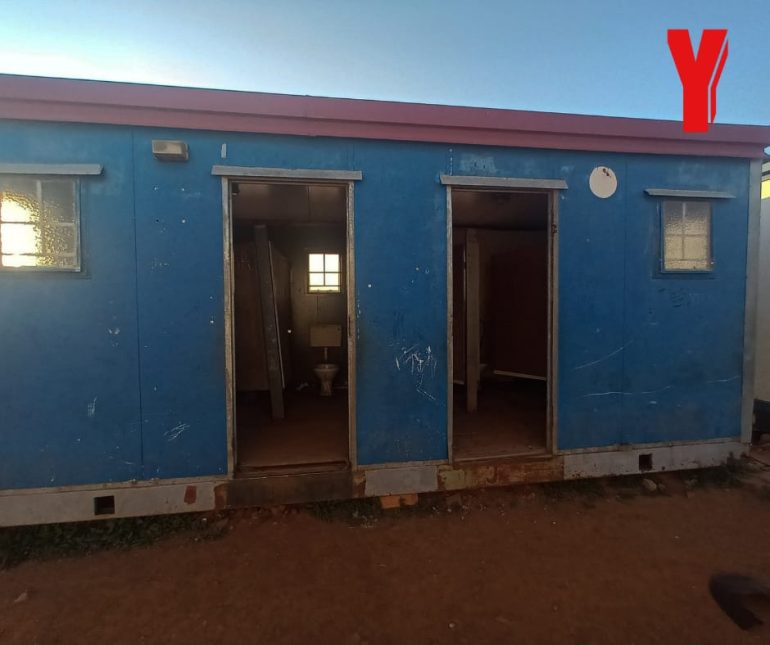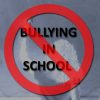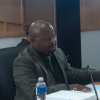Anti-Bullying Week | Activists call for tougher measures against bullying
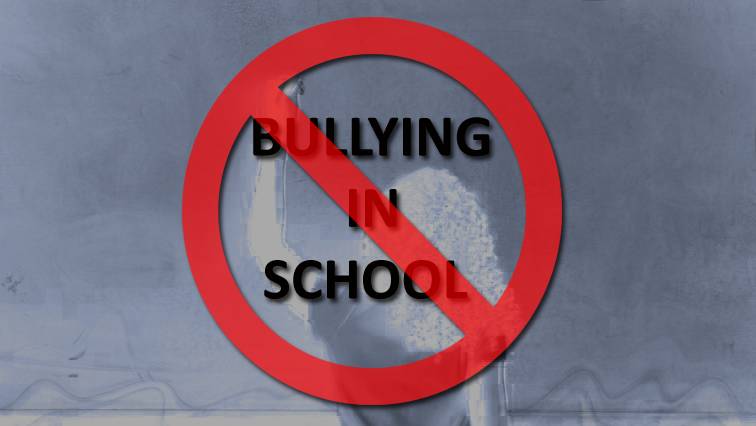

As South Africa marks Anti-Bullying Week, education experts and civil society organisations have warned that government efforts to curb bullying remain inadequate – citing poor enforcement, limited psychosocial support systems, and the surge of cyberbullying cases.
This comes amid a series of shocking disturbing incidents that have shocked the nation, including the recent violent assault at Milnerton High School in Cape Town.
In another tragedy, Grade 10 learner Lerato Mochadibane from Vanderbijlpark died by suicide last week after allegedly enduring years of bullying.
The El-Shaddai Secondary School pupil reportedly ingested poison and later passed away.
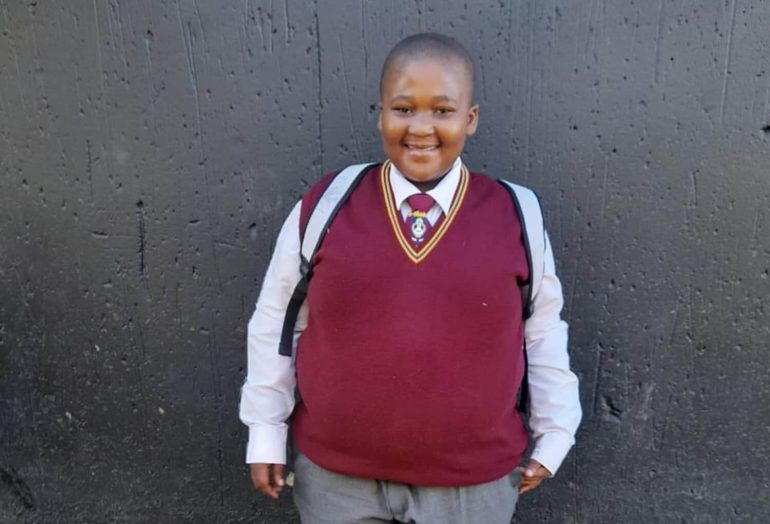
Education advocacy group Equal Education (EE) has condemned all forms of bullying and school violence – including learner-to-learner, teacher-to-learner, physical, and cyber abuse – and has urged the Department of Basic Education (DBE) to strengthen its efforts to create safer learning environments.
EE spokesperson, Makanatsa Ziyambi, said current interventions often focus only on punishing bullies, without addressing the underlying causes of the problem.
The organisation has called for greater psychosocial support, training for teachers and parents, and safe reporting systems in schools.
“This Anti-Bullying Week, we call on the Department of Basic Education to do more to ensure that all learners are safe — whether from their peers, teachers, or anyone in the school environment,” said Ziyambi.
The National Association of School Governing Bodies (NASGB) has also weighed in, with General Secretary Matakanye Matakanye warning that stigma, silence, and lack of parental involvement often prevent victims from speaking out.
He emphasised that responsibility for addressing bullying must be shared among all stakeholders, saying:
· Bullies: Must be held accountable for their actions and understand the consequences.
· Schools: Are responsible for ensuring a physically and emotionally safe environment and providing proper support systems.
· Parents & Guardians: Must provide guidance, monitor their children’s behavior (both offline and online), and offer unwavering support.
· The Broader System: Government and community structures must address underlying systemic issues and ensure schools have the necessary resources and policies.
Matakanye also outlined practical steps for the Department of Basic Education (DBE) to take concrete action:
· Policy Development: Creating and mandating clear, comprehensive, and evidence-based anti-bullying policies for all schools.
· Training and Resources: Providing dedicated training and practical resources for teachers and staff to effectively prevent, identify, and respond to bullying.
· Robust Support Systems: Establishing confidential reporting mechanisms and reliable support systems for victims, witnesses, and even those who bully.
· Stakeholder Engagement: Actively engaging with learners, parents, and community leaders to promote awareness and a unified approach.
While stricter laws and consequences for online bullying may act as a deterrent, Matakanye cautioned that these must be carefully applied to avoid unintended consequences, such as:
· Unfairly criminalizing young minors.
· Unintentionally limiting freedom of expression.
· Driving bullying behavior further underground, making it harder to detect.
#AntiBullying | Each year from 11 to 15 November, South Africa commemorates Anti-Bullying Week to raise awareness of the risks of school bullying, cyberbullying and harassment in children and young people.
During this time, learners, parents, schools and communities are reminded… pic.twitter.com/voRivVc3Zo
— Dep. Basic Education (@DBE_SA) November 12, 2025
Written by: Nokwazi Qumbisa
Anti-Bullying week civil society cyberbullying DBE Equal Education Lerato Mochadibane National Association of School Governing Bodies stigma
Similar posts
Current show
Upcoming shows

Savage Nights with Thabo X and Shamiso
10:00 pm - 12:00 am

Playground
12:00 am - 5:00 am

The Way Up with Nia Brown and Okay Wasabi
5:00 am - 9:00 am

Morning Break with Xtremme
9:00 am - 12:00 pm

The Lunch League with FreshByCaddy and Yvette Floss
12:00 pm - 3:00 pm
Latest posts
COPYRIGHT 2023


